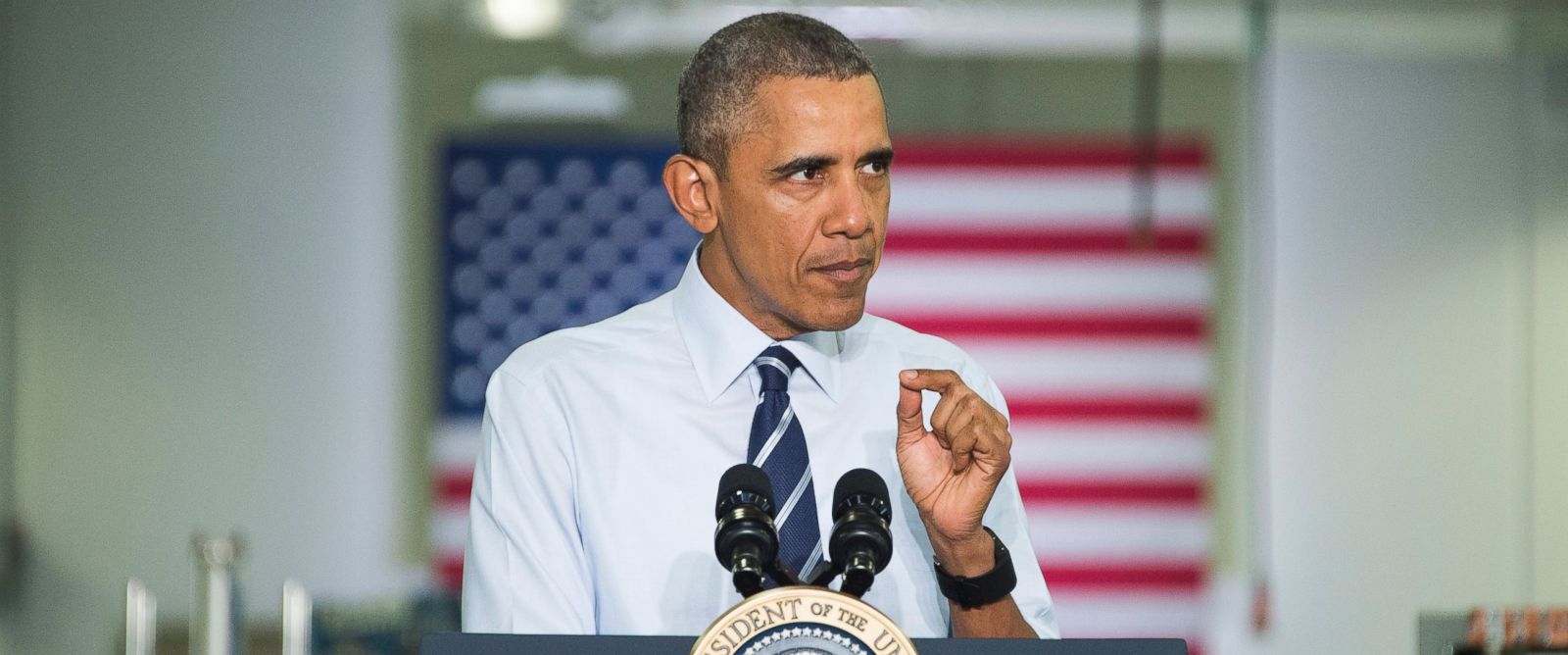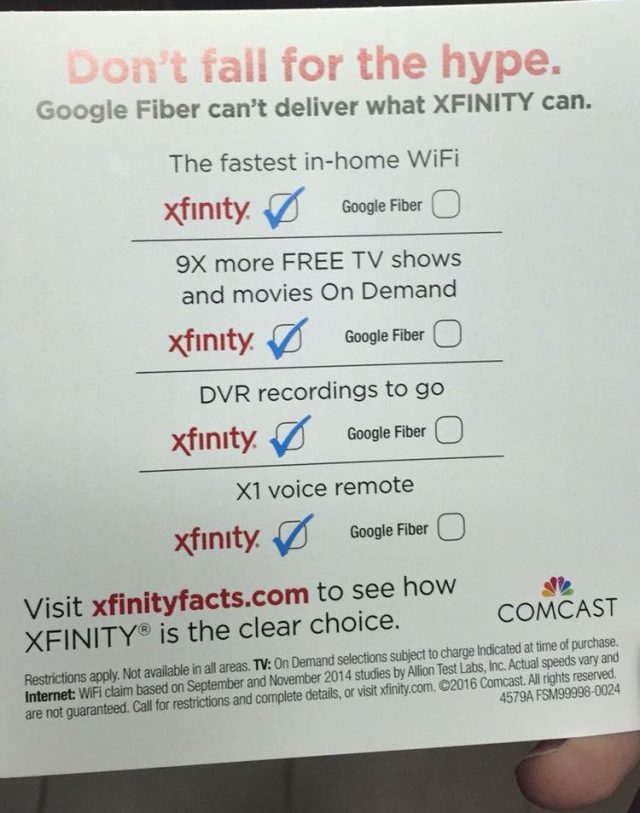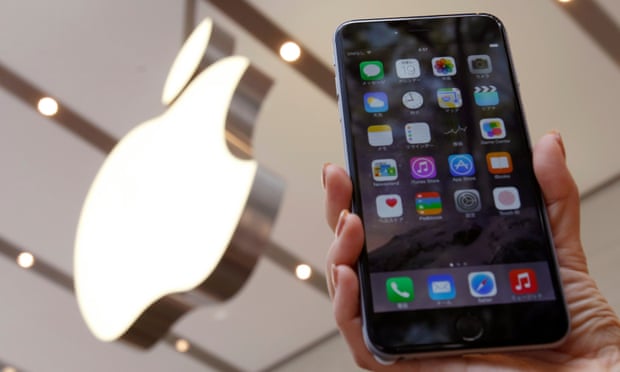I'm sure this isn't exactly "news" to anyone reading this post–I mean, hello, "[Mexicans are] rapists?' Or how about the claim that there were Muslims in New Jersey cheering on 9/11? Regardless of if you think these comments were for publicity and are thus harmless or if you think they're deeply, troublingly, problematic no matter their reason, there's no denying that these comments will attract the support of...certain groups.
Racist groups. White supremacists. The KKK. (In fact, he's been endorsed by a KKK biggie, Mr. David Duke, and another biggie white supremacist, Jared Taylor, who, up to this point, has never supported a presidential candidate.)
Of course, you can't help who you attract...right? But consider this–after David Duke endorsed him, Trump refused to condemn the KKK or David Duke, responding to an interviewer's inquiry of his reaction with a couple of beats around the bush. And, as John Oliver put it, at some point, there's no difference between pretending to be a racist, such as for publicity reasons, and being a racist.
So, assuming that Trump is not as offensive as this author thinks he is, and this whole thing is a publicity stunt...what would the consequences be of him becoming president? How could he change the political landscape–could he cause a realignment, a split of the Republican party? And what does his popularity indicate about Americans and their awareness of or sensitivity to race-related issues?
(Sorry that you have to see this guy's name on a headline for the gajillionth time.)
Sources:
https://www.youtube.com/watch?v=DnpO_RTSNmQ
https://www.washingtonpost.com/news/fact-checker/wp/2015/07/08/donald-trumps-false-comments-connecting-mexican-immigrants-and-crime/
http://www.nytimes.com/2016/03/01/us/politics/donald-trump-supremacists.html












